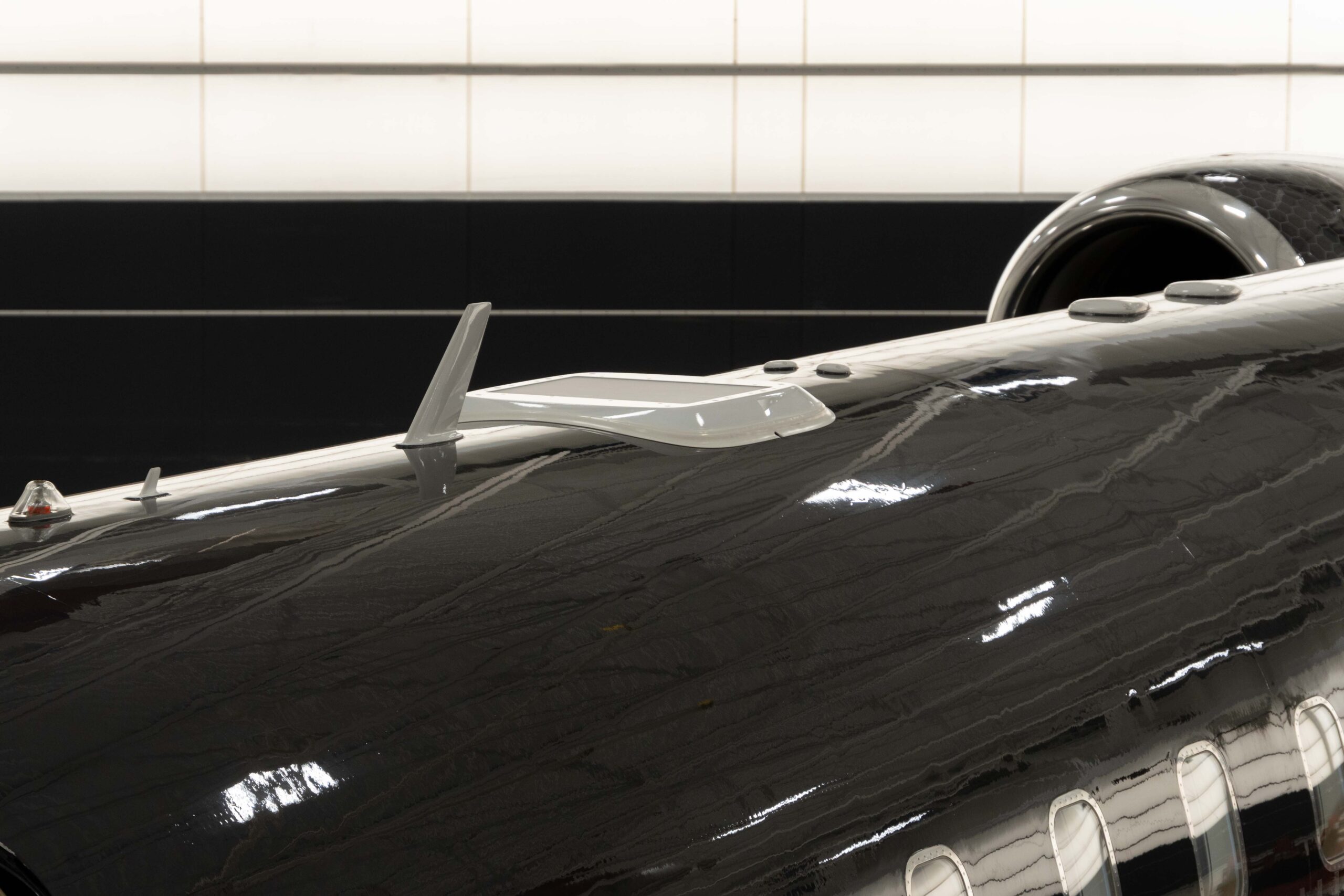Nickels Holding Up a Dollar

“Nickels holding up a dollar,” is a quote attributed to the late Roy Garber, star of the reality show “Shipping Wars”. The meaning of this quote stems from the idea that, in some instances, particularly relating to business, small components can prevent the function or completion of a much larger undertaking. During the height of the COVID-19 pandemic, this saying could be witnessed first-hand through the disruption of supply chains around the world. The quote applies so well to supply chains because, in all honesty, they are quite fragile. Raw materials must be extracted, manufactured, stored, and distributed before they can be sold to the public. These steps are closely interconnected, and even just one disruption in this process can offset the sale of the final product.
One particularly fragile element of the supply chain process is transportation. In fact, before Amazon became a dominant force in the distribution world, aviation was one of very few industries that heavily and routinely relied on overnight shipping. In today’s world, however, overnight shipping has become rapidly commodified and is easier to attain for everyday consumers. While the ease of widespread overnight shipping in the consumer landscape cannot be denied, as far as business related transportation, this newfound availability has “boxed out” our ability to rely on overnight shipping in the way that we once did. This, however, is not the only problem facing our industry today.
In the U.S., many of the products that we use, particularly electronics, tie back to China as the original manufacturer. Even in instances where products are assembled here in the U.S., many of the individual parts and raw materials needed to create these products are still coming from China. If even one of these individual parts is not available, the larger product that they accompany can no longer be sold until this part is installed. When doing upgrades on aircraft, these parts are necessary as companion components to the actual hardware that you are installing, in order to integrate it into the aircraft. Even if you are only missing 1-2% of the materials needed, you cannot complete the installation without them. It does not matter how inexpensive the part is. Nickels are holding up dollars.
Before the pandemic, because the money generated was so significant in the business aviation industry, many people were willing to pay exorbitant fees to expedite these small parts in order to get them the next day. Now, unfortunately, it does not matter how much money you are willing to pay if the parts are simply unavailable. There are still many parts, looking towards 2025, that are completely unattainable. Coming out of the pandemic, of course, everybody was understanding that things would need to take time before supply chains would be back to how they once were. Now, nearly five years later, though, it is clear that the pandemic cannot be the only factor at play.
The core reliance of the world on China’s ability to extract raw materials and create various piece parts has changed. There are certain factories that simply don’t exist anymore post-pandemic that once served important roles for many industries. Whatever the reason or reasons may be for this, they have struggled to get back to how it was pre-pandemic. This is really beginning to affect the aviation industry in a lasting form. I have experienced the struggles that this disruption creates first-hand every day. Because I can’t get certain small elements, we cannot follow through on our workload in the same way. Whether you’re spending engineering hours to find an alternative or you have idle technicians, either way, time and money is being wasted. I can’t seem to see an end to this problem, as long as the simple fact remains that these certain small parts remain unavailable. In this way, Roy Garber’s words will continue to shine a light on an issue that has become universal within our industry.



